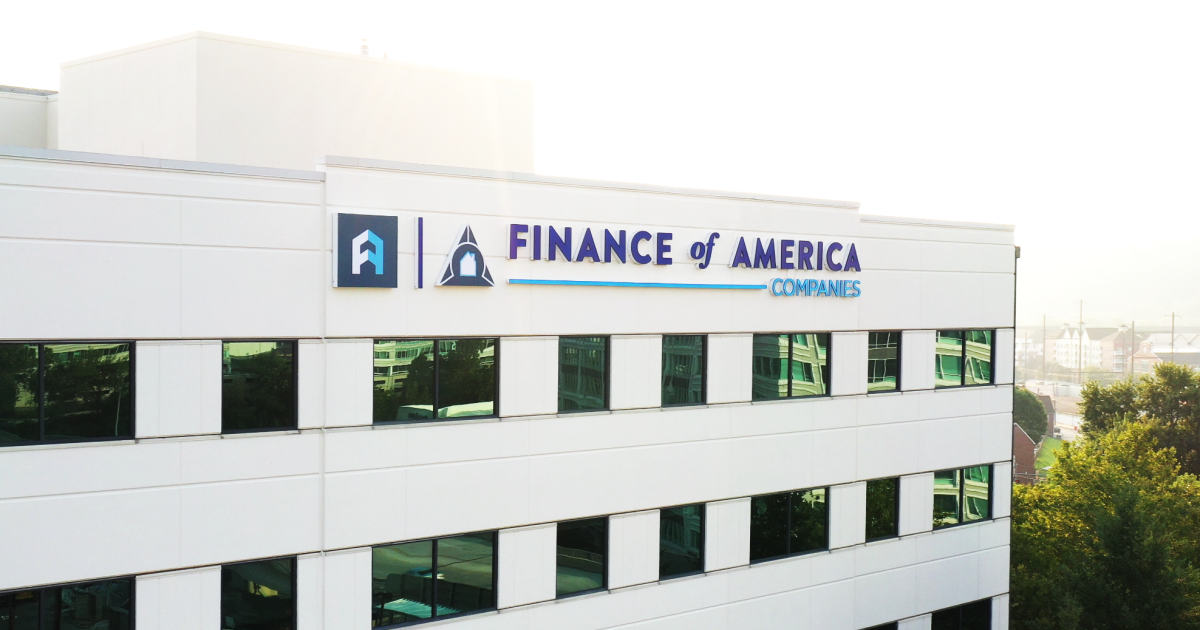
Finance of America recorded a net earnings increase for continuing operations during the first quarter when increased loan volume and positive fair value adjustments offset the impact of wider spreads.
The company recorded $80 million in net income on that basis, which it made the focus of its quarterly press release. The latest figure compared a $16 million net loss from continuing operations a year earlier, according to Chief Financial Officer Matt Engel.
"These results were aided by positive fair value adjustments during the quarter, while spreads widened slightly," he said, referring to a broader trend in the markets linked to
Since
"We delivered $561 million in funded volume, up 5% from the fourth quarter of 2024 and 32% from the first quarter of 2024," Engel said.
The relative performance from a margin perspective was not as strong, he noted.
"Our wholesale channel exceeded volume expectations, helping us meet our overall guidance. However, since wholesale carries lower margins, the channel mix offset the product level improvement and our overall revenue margin was flat," Engel said.
The company's stock price rose in late trading after earnings were released from levels around $19.50 to above $21 per share, then plateaued at that level.
Other challenges the company has had to address recently included near-term debt maturities that have been a broader concern for nonbank mortgage companies.
Finance of America no longer has any near-term unsecured debt, but it did previously and found itself forced to exchange some it had coming due to avoid a likely event of default.
Fitch initially downgraded the company to RD or restricted default prior to that
The rating agency later upgraded the company to a low-end speculative grade rating of CCC to reflect the post-exchange capital structure, Eric Orenstein, senior director at Fitch,



